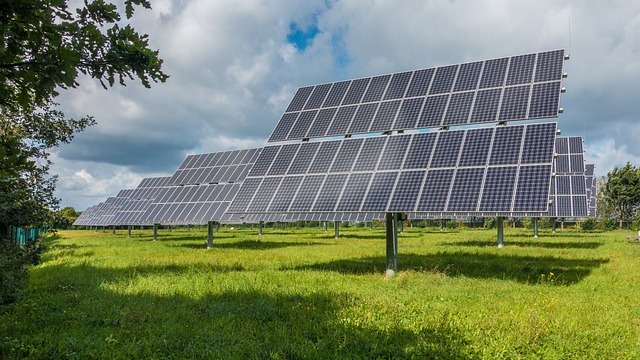
The Rise of AI and Its Energy Consumption
The rapid development of artificial intelligence (AI) represents a seismic shift in the energy landscape, echoing historical paradigm shifts such as the LNG revolution and the surge in renewable energy adoption. As AI technologies advance, industry experts, including Sam Altman, CEO of OpenAI, have pointed out a compelling relationship between AI and energy consumption. His assertion that "the cost of AI will ultimately converge to the cost of energy," along with a projection that data centers could consume 20-25% of US power demand by 2030, underscores the need for a robust, sustainable energy framework to support this technology.
Power Demand Skyrocketing
Current trends indicate that data centers, the backbone of AI infrastructure, will likely surge in power demand by as much as 10 times over the next several years. This significant increase raises crucial questions about the adequacy and sustainability of our energy sources. The U.S. energy sector is already strained, with utilities struggling to meet demand, suggesting urgent reforms in energy generation and distribution are necessary.
Solar, Storage, and the Future of Energy
Among the solutions, solar energy and storage technologies are at the forefront. Reports suggest that by 2030, solar projects may contribute substantially to meeting AI-related energy demands, while pushing the boundaries of technological potential. The combined growth of solar and electric storage proves the importance of transitioning to more sustainable energy practices, promoting both economic development and environmental well-being.
Why This Matters to Investors
For individual and business investors, understanding the intersection of AI and energy consumption provides a unique opportunity. By recognizing which energy sources are set to boom—particularly solar and energy storage—investors can strategically position themselves in a market that is pivoting towards sustainable practices. This alignment with the growing emphasis on ESG (Environmental, Social, and Governance) factors is not just beneficial for the planet but can also enhance investment returns in the long run.
Conclusion: Join the Conversation
As AI continues to evolve, so too does the critical need for sustainable energy solutions. Investors who proactively address these changes can harness new opportunities while contributing to a more sustainable future. Let's engage with this topic deeper—how can we collectively support this transition towards greater energy efficiency? Join us by sharing your thoughts!
 Add Row
Add Row  Add
Add 




Write A Comment